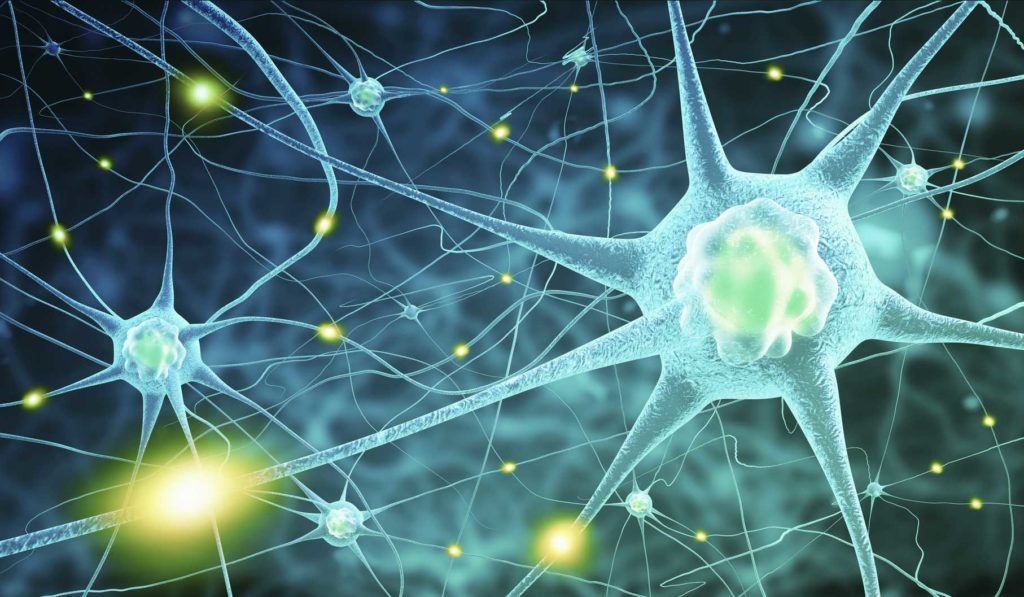Neuropathy
Neuropathy is damage or dysfunction of one or more nerves that typically results in numbness, tingling, muscle weakness and pain in the affected area. Neuropathies frequently start in your hands and feet, but other parts of your body can be affected too. Neuropathy, often called peripheral neuropathy, indicates a problem within the peripheral nervous system. Your peripheral nervous system is the network of nerves outside your brain and spinal cord. Your brain and spinal cord make up your central nervous system. Think of the two systems working together this way: Your central nervous system is the central station. It is the control center, the hub from which all trains come and go. Your peripheral nervous system are the tracks that connect to the central station. The tracks (the network of nerves) allow the trains (information signals) to travel to and from the central station (your brain and spinal cord).

Common signs and symptoms of neuropathy include:
- Tingling (“pins and needles”) or numbness, especially in the hands and feet. Sensations can spread to the arms and legs.
- Sharp, burning, throbbing, stabbing or electric-like pain.
- Changes in sensation. Severe pain, especially at night. Inability to feel pain, pressure, temperature or touch. Extreme sensitivity to touch.
- Falling, loss of coordination.
- Not being able to feel things in your feet and hands – feeling like you’re wearing socks or gloves when you’re not.
- Muscle weakness, difficulty walking or moving your arms or legs.
- Muscle twitching, cramps and/or spasms.
- Inability to move a part of the body (paralysis). Loss of muscle control, loss of muscle tone or dropping things out of your hand.
- Low blood pressure or abnormal heart rate, which causes dizziness when standing up, fainting or lightheadedness.
- Sweating too much or not enough in relation to the temperature or degree or exertion.
- Problems with bladder (urination), digestion (including bloating, nausea/vomiting) and bowels (including diarrhea, constipation).
- Sexual function problems.
- Weight loss (unintentional).
Neuropathy rarely leads to death if the cause is determined and controlled. The sooner the diagnosis is made and treatment is started, the greater the chance that nerve damage can be slowed or repaired. Recovery, if it’s possible, usually takes a very long time — from months to even years. Some people live with a degree of neuropathy for the rest of their lives.
